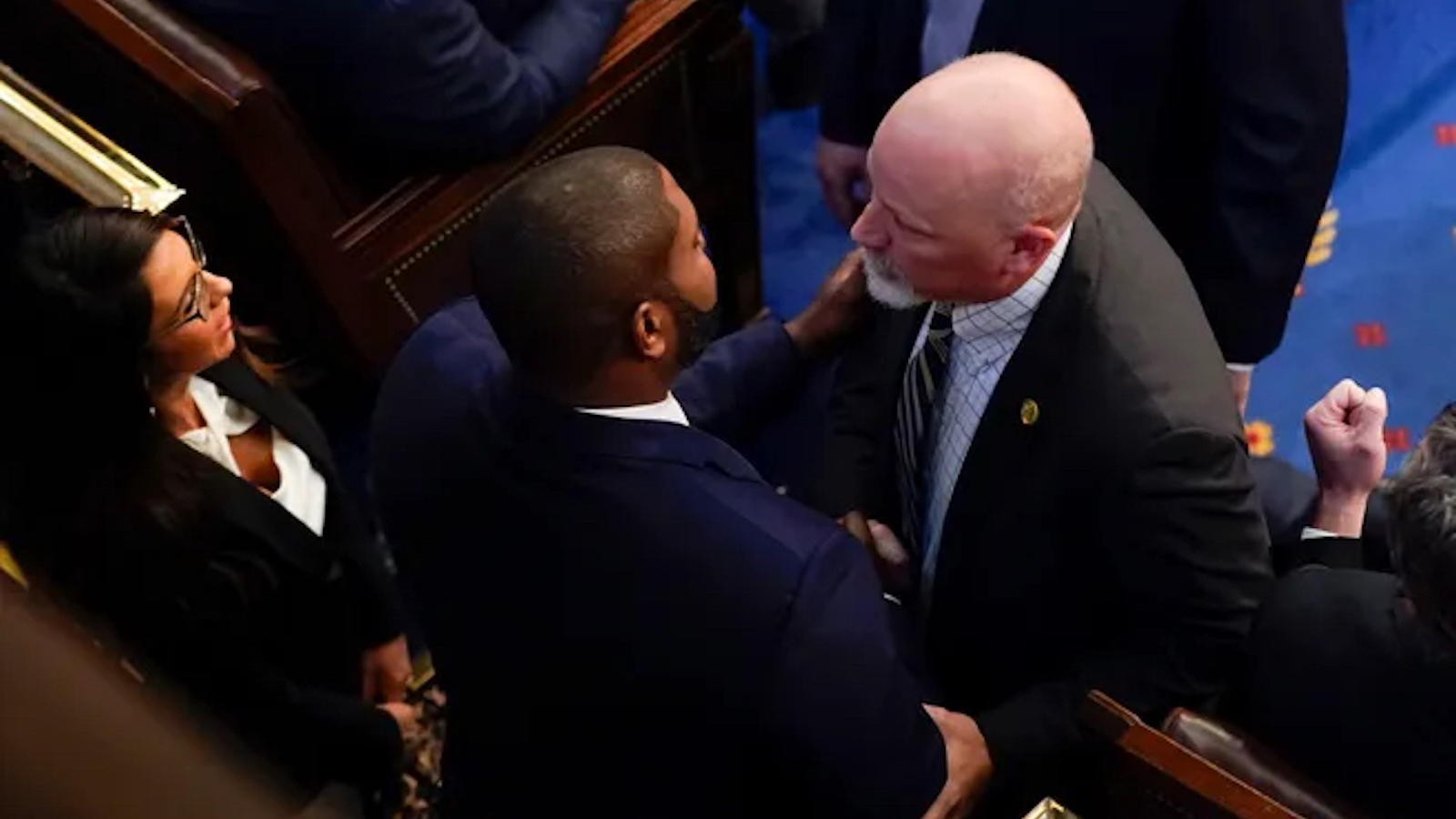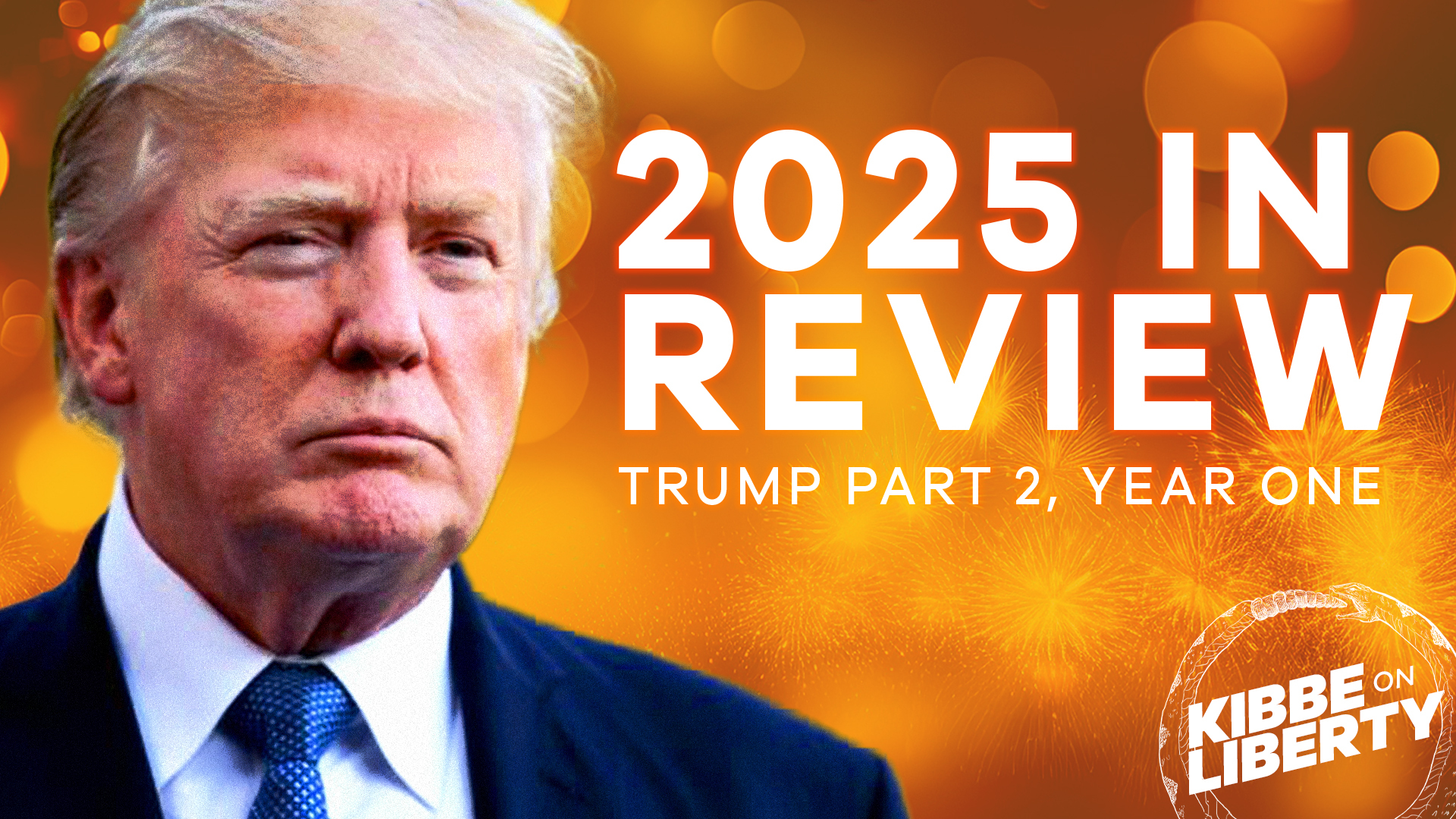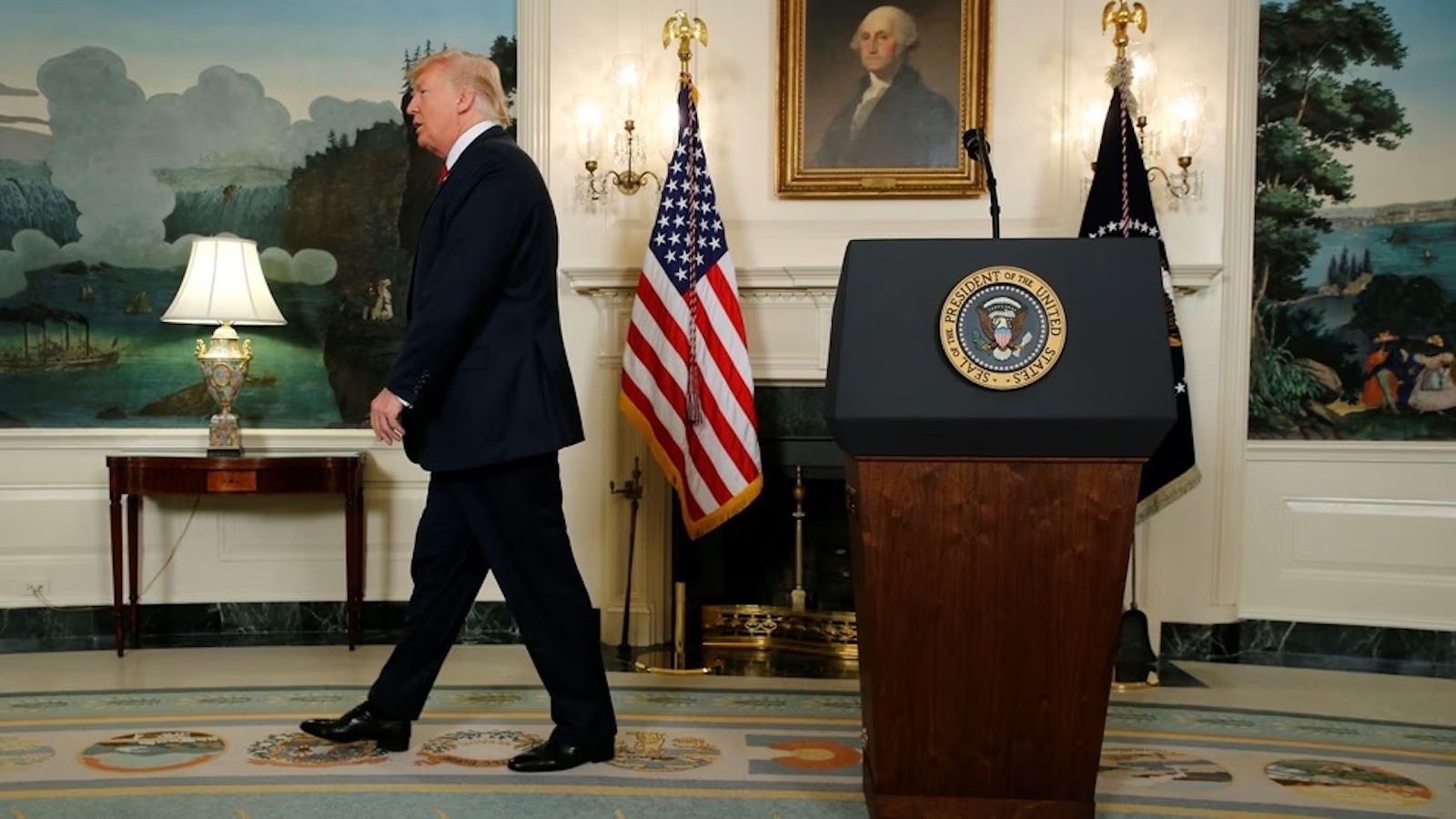
What the Battle for House Speaker is Really All About
On Tuesday, while Terry and I attended the swearing in ceremonies for Senators Rand Paul and Mike Lee, we were inevitably drawn to the drama playing out in real time on the other side of the Capitol, in the House of Representatives. As someone who used to be intimately involved in such things, I wanted to offer a little historical context for what’s going on as Kevin McCarthy continues to cling to the hope that he will eventually win the vote for the next Speaker of the House.
This fight is indicative of the diminishing power of the office of the Speaker over individual House members. Leadership historically controlled campaign purse strings in a complete top-down system. It was very difficult for individuals, particularly non-incumbents, to raise their own war chests. Since leadership controlled the re-election chances of the rank and file, they owned their votes. So, a vote for Speaker was typically just ceremony.
Technology-fueled grassroots movements like the Tea Party and the Ron Paul Revolution empowered political outsiders to fundraise and organize outside of the formal party structure. When elected, they were less beholden to leadership and could act more independently—democratically, as it were. The response from the Speaker, starting with John Boehner, was to continually strip more of the rights away from individual members, and centralize the legislative process, particularly the budget process, as a way to marginalize individuals within the conference.
This didn’t ultimately work for Boehner, who was taken out by those marginalized members. But it worked well for Pelosi, because outsiders like AOC and the Squad ultimately bent the knee and typically submitted to her will. This is where these multi-trillion “omnibus” mystery legislative packages came from, and why the entirety of government is done behind closed doors by leadership on Christmas Eve.
Thus, the more democratic political outcomes are, the less democratic the legislative process becomes.
This clash between the democratization of everything and the desperate attempts by political elites to maintain control is playing out everywhere. And right now it’s playing out in Kevin McCarthy’s so-far failed attempts to secure the speakership. Who knows how this may end although I’m sympathetic with rabblerousers like Rep. Chip Roy. The best outcome, regardless of who wins the speaker’s gavel, would be a return to regular order and an open and transparent budgeting process that allows individual members to offer amendments in committee and on the floor. This is something Justin Amash has been talking about for years. I don’t know if that will happen today or tomorrow, but something has to give, and someone needs to step up and seriously address the willful bipartisan collusion that has produced so many trillions in new debt.
If you’re interested in a short, but deeper dive into this, I recorded a special Kibbe on Liberty yesterday, including a brief conversation with Congressman Roy, who stepped out from the floor battle. Three days in, this beltway saga continues.



